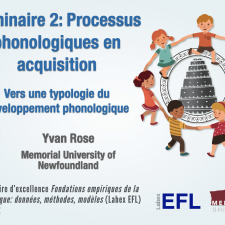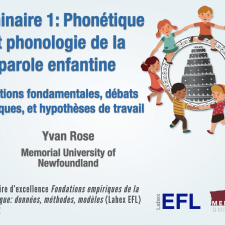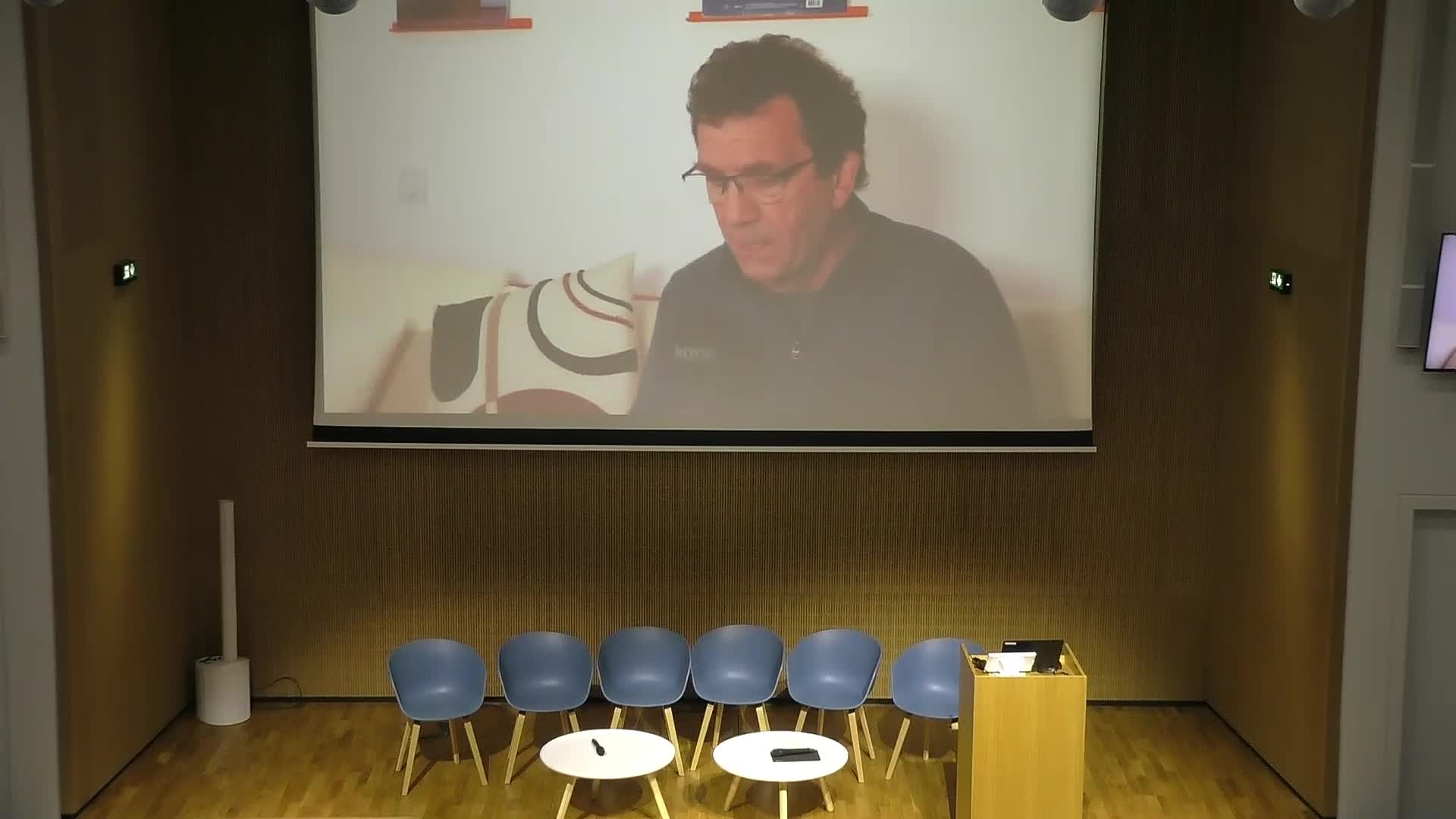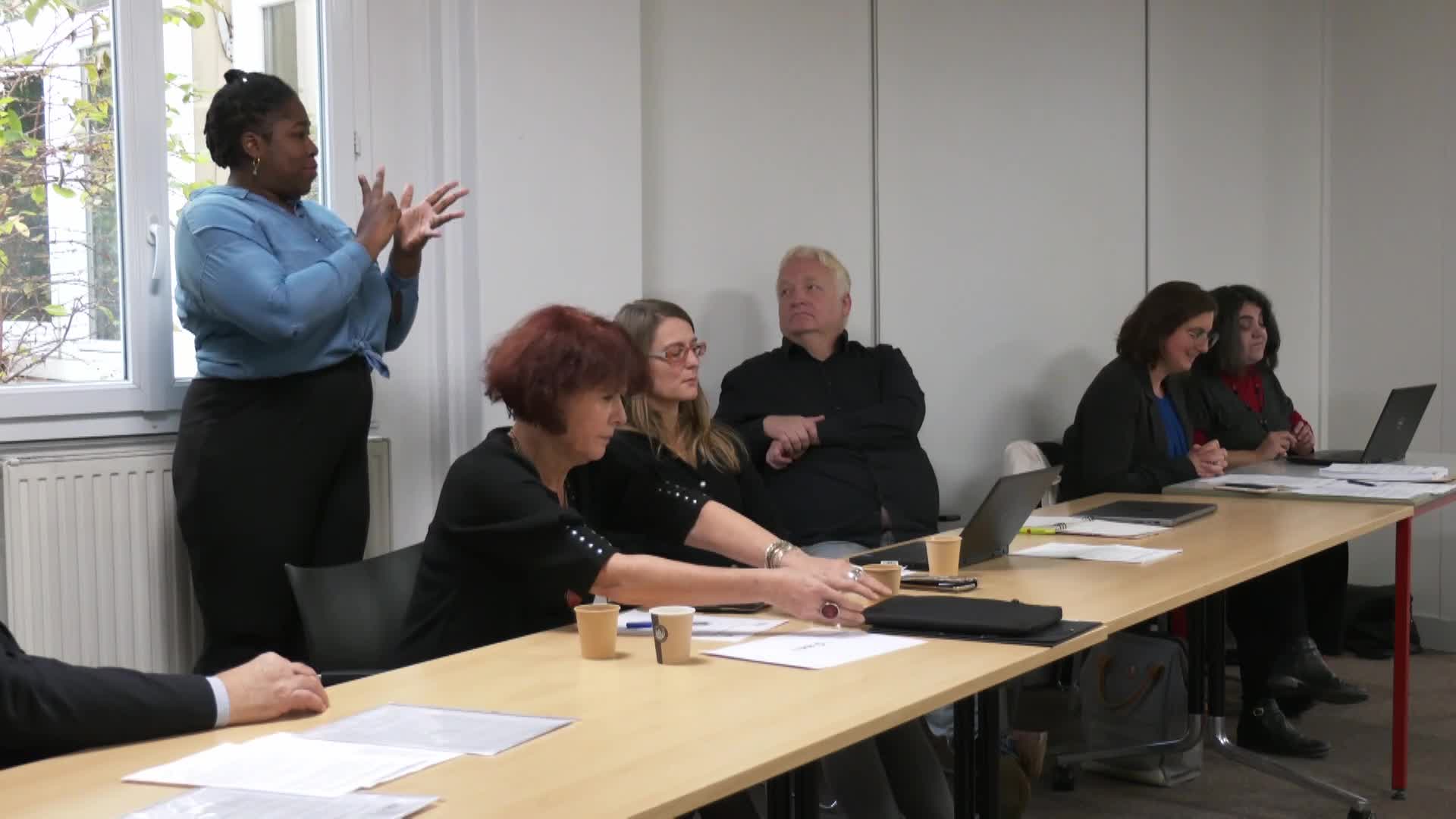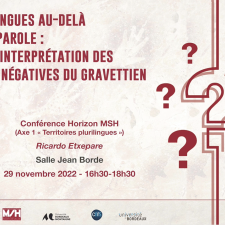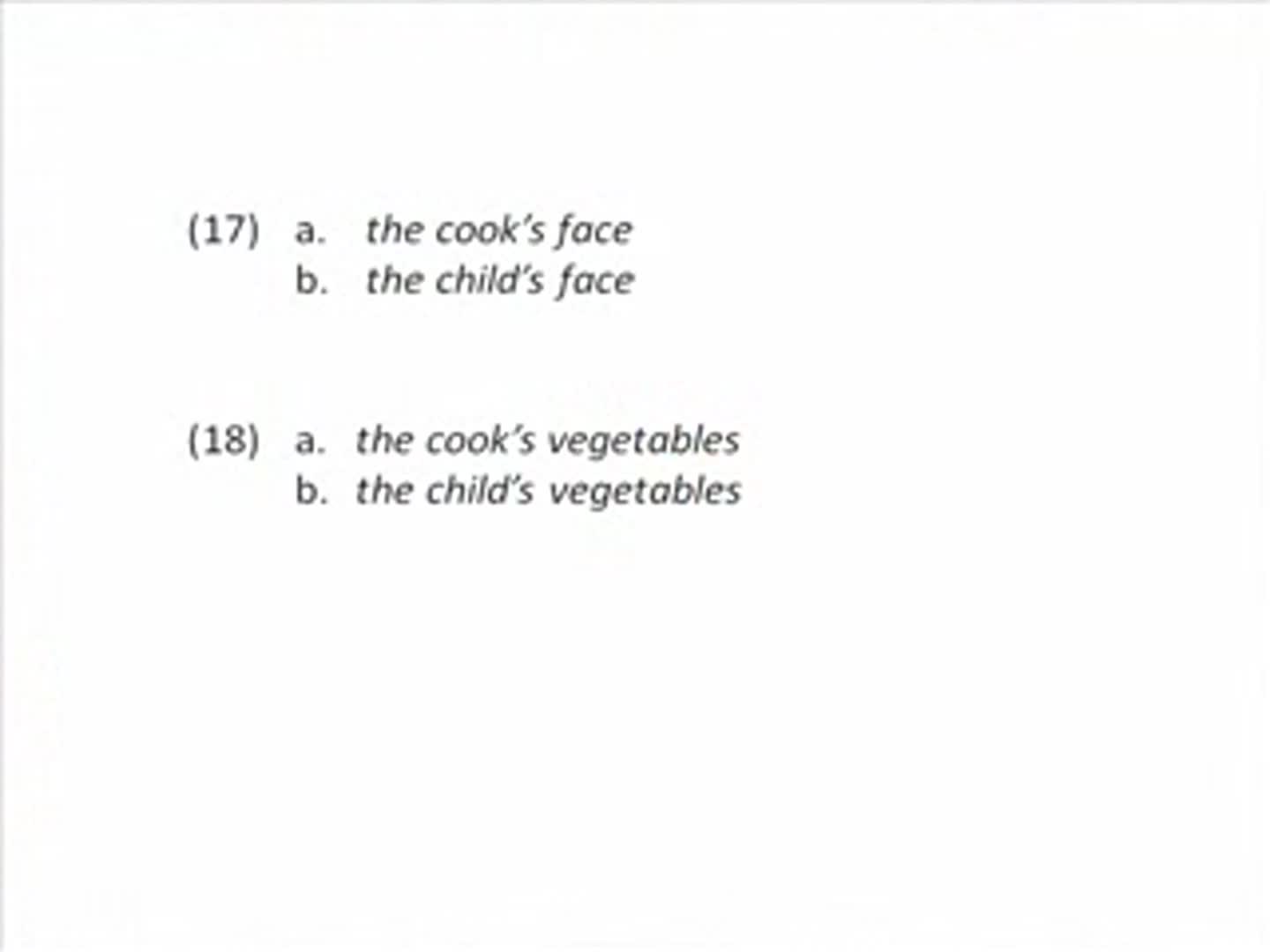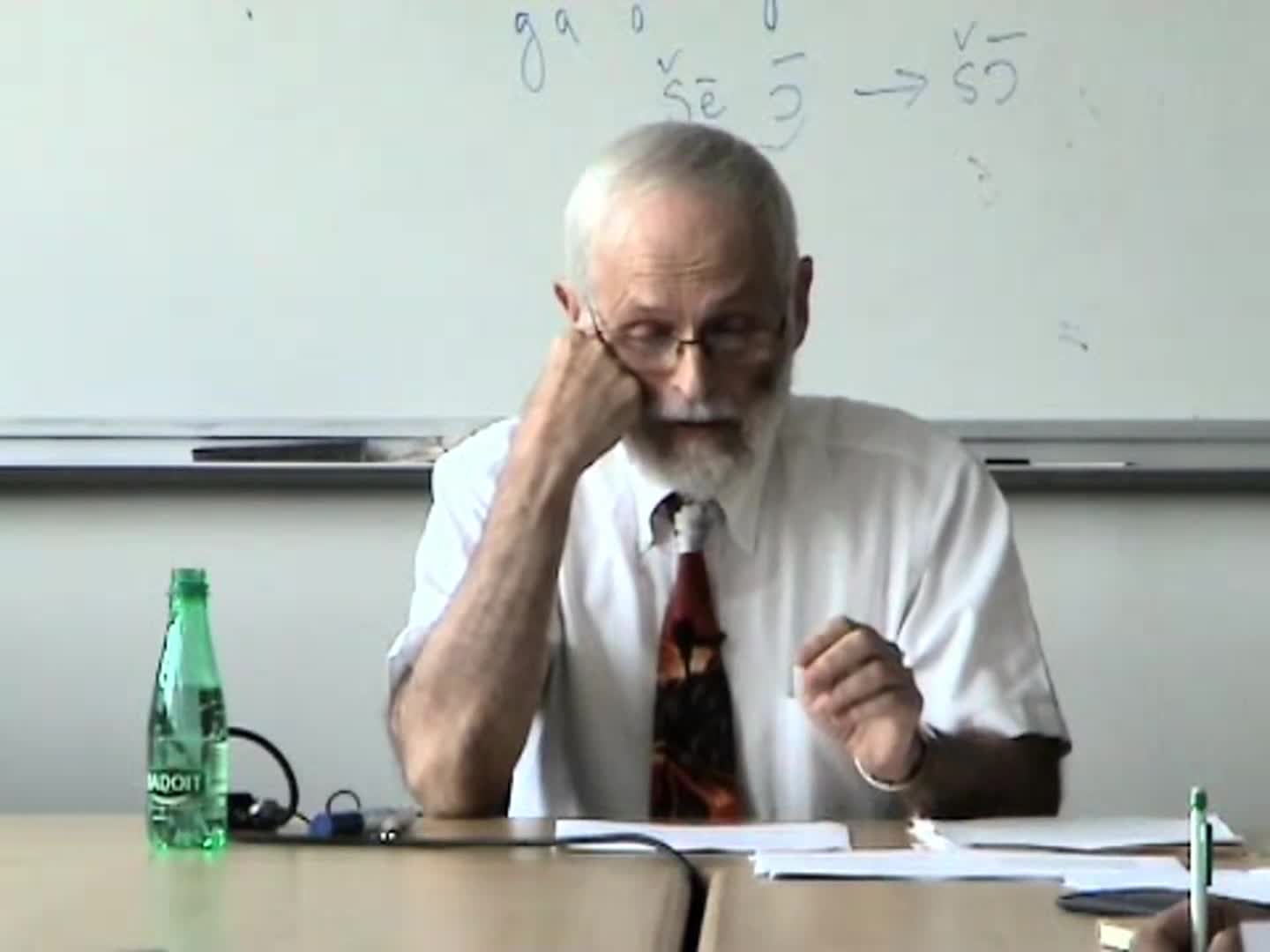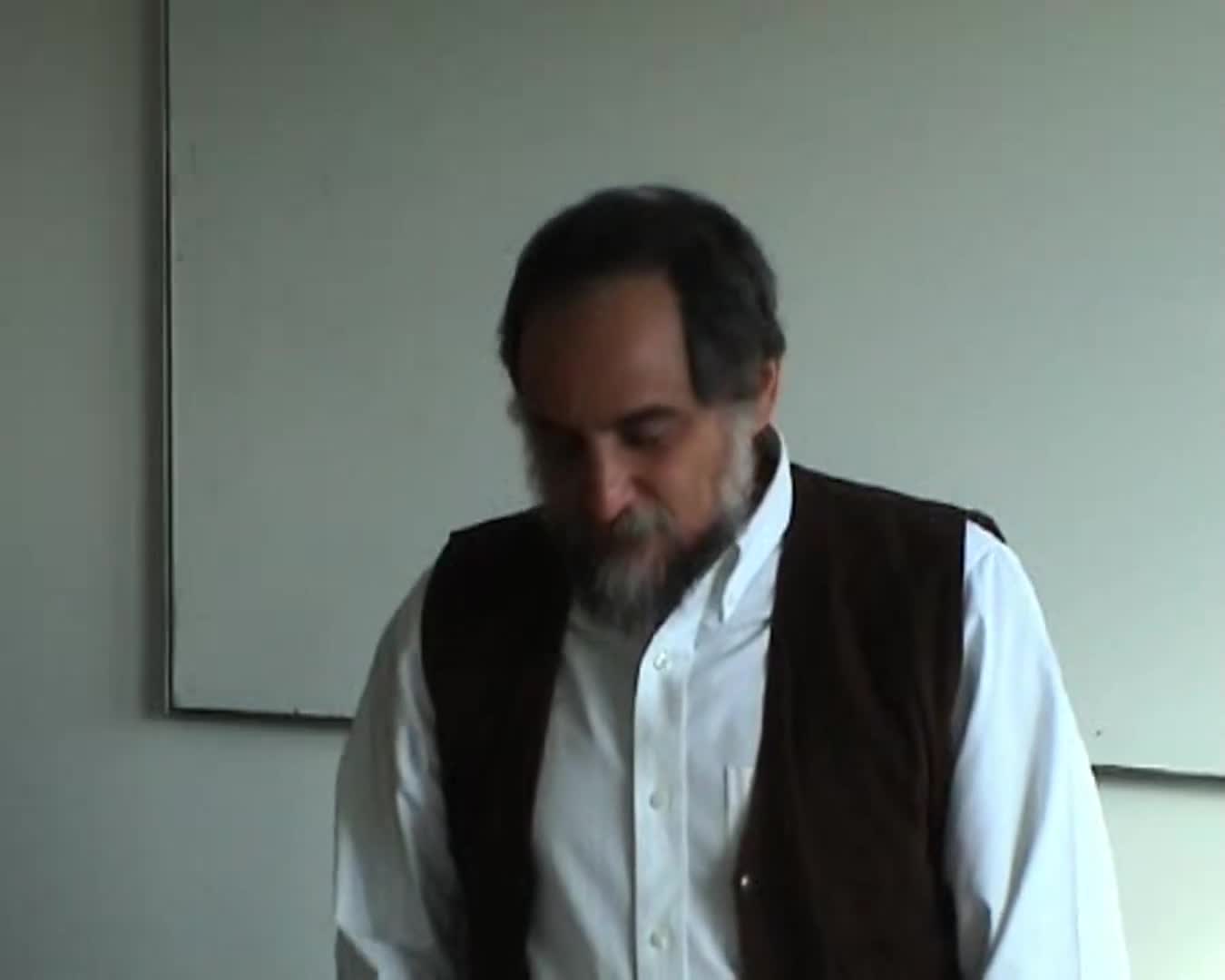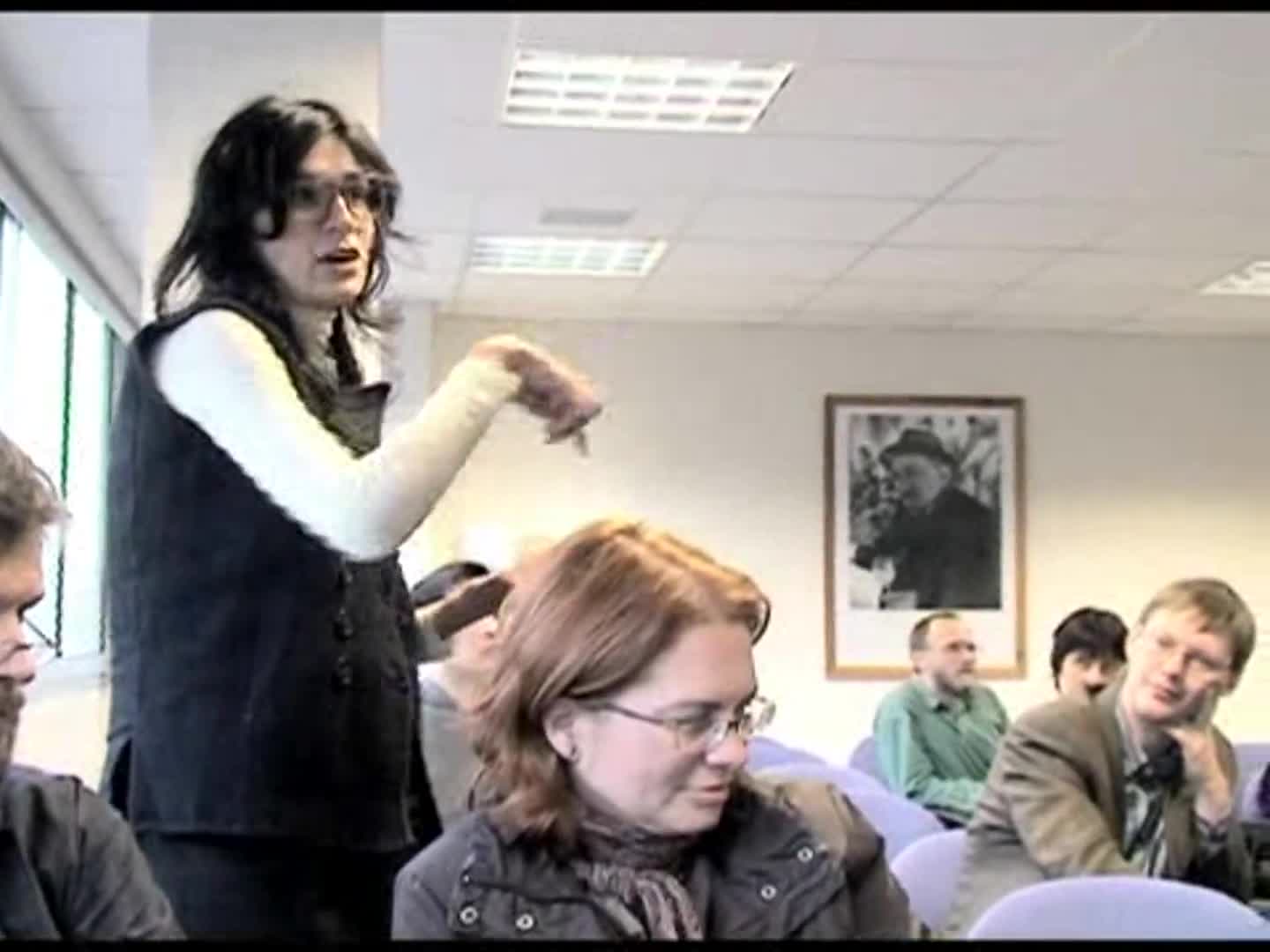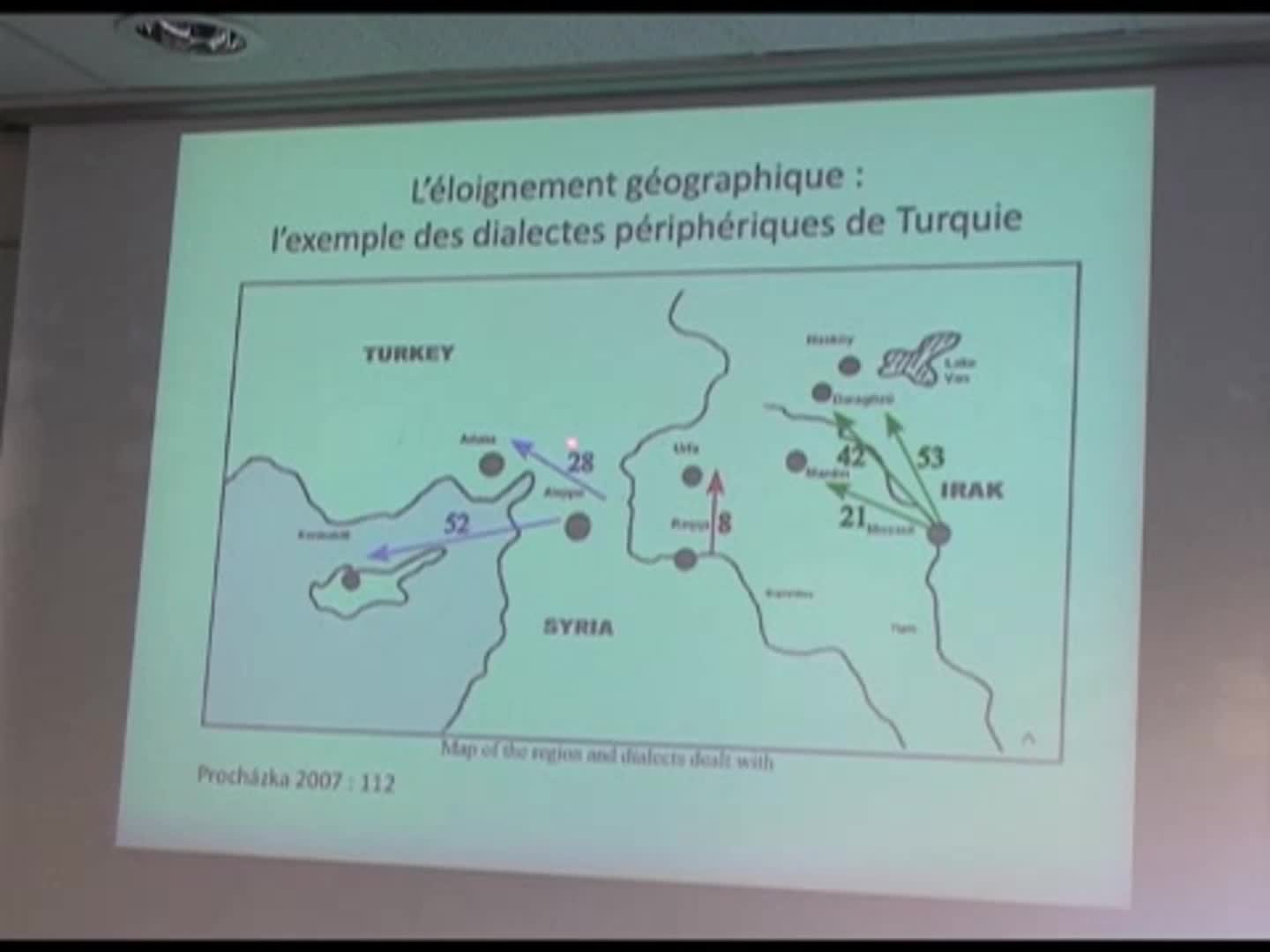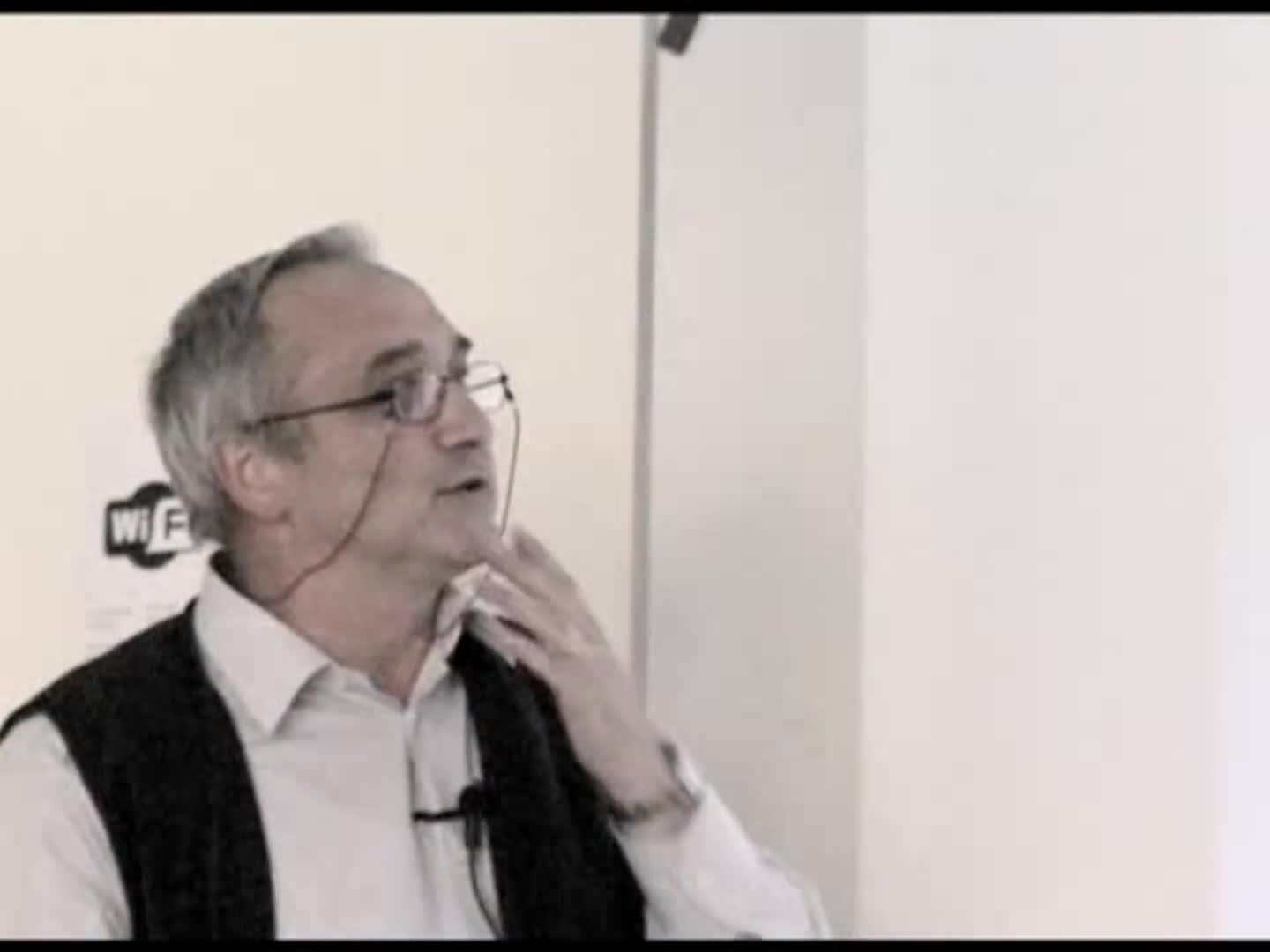Notice
An embodied and situated perspective on speech and language- Labex EFL - Lecture 1: Changes and challenges in understanding speech variability: A review over half a century (Susanne Fuchs 2019)
- document 1 document 2 document 3
- niveau 1 niveau 2 niveau 3
Descriptif
Over the last century, our understanding of variability in the speech signal has undergone a variety of changes. Once regarded as noise in the signal, it has now become a major topic of investigation revealing evidence for the underlying biological, cognitive and social factors of speech. In this overview talk, I will review theories and data discussing variability with respect to visible and audible biological factors as well as structures and mechanisms beneath the surface. Furthermore, I will review how our knowledge about variability and social factors has evolved from long-term adaptations between different social groups to short term adaptations regulating social behaviour. Finally, I will discuss how variability has been treated with respect to the nature of linguistic representation: from a phonemic level to a subphonemic one (fine phonetic detail), from abstract representations to enriched multisensory representations stored in the episodic memory. I will then summarize which challenges variability poses for theoretical models and empirical linguistics.
Intervention / Responsable scientifique
Thème
Documentation
Liens
Dans la même collection
-
Yvan Rose II - Survol des faits d’acquisition phonétique et phonologique et implications théoriques
RoseYvanCe deuxième séminaire débutera par un survol des données de corpus en acquisition de la phonologie, avec une emphase sur les productions linguistiques d’apprenants francophones (p.ex. France; Québec)
-
Yvan Rose I - Phonétique et phonologie de la parole enfantine: questions fondamentales, débats théo…
RoseYvanCe premier séminaire jettera les bases du cours progressif, qui s’articulera autour de questions théoriques et empiriques concernent la nature des représentations phonologiques, leur origine, ainsi
-
An embodied and situated perspective on speech and language - Labex EFL - Lecture 3 and 4: Speech a…
In this lecture, I will provide evidence from multimodal experiments in which we investigated the effect of rhythmic motions with the legs or hands on respiratory parameters, and the temporal
-
An embodied and situated perspective on speech and language- Labex EFL - Lecture 2: The forgotten a…
FuchsSusanneIn this lecture, I will talk about respiration, a biological rhythm which is flexible and adaptable and crucially involved in speech production, perception and face-to-face interactions. Based on
-
Embodying Speech - Lecture 4 - Emergence in Embodied Speech : Sound Change, Ontogeny and Phylogeny …
GickBryanWhile any theory of speech behavior must ultimately incorporate the human body, modeling bodies has not been a central program in language research. Thinking about the body in quite tangible terms was
-
Embodying Speech - Lecture 3 - Coarticulation, Superposition, Representation (Bryan Gick 2019)
GickBryanWhile any theory of speech behavior must ultimately incorporate the human body, modeling bodies has not been a central program in language research. Thinking about the body in quite tangible terms was
-
Embodying Speech - Lecture 2 - The Parts of Speech II : Quantality and Speech Movements (Bryan Gick…
GickBryanWhile any theory of speech behavior must ultimately incorporate the human body, modeling bodies has not been a central program in language research. Thinking about the body in quite tangible terms was
-
Embodying Speech - Lecture 1 - The Parts of Speech I : Dimensionality and Modularization (Bryan Gic…
GickBryanWhile any theory of speech behavior must ultimately incorporate the human body, modeling bodies has not been a central program in language research. Thinking about the body in quite tangible terms was
-
Listening to Speech - 3 (John Kingston 2012)
KingstonJohnListening to Speech - 3 (John Kingston 2012)
-
-
Listening to Speech - 4 (John Kingston 2012)
KingstonJohnListening to Speech - 4 (John Kingston 2012)
-
Listening to Speech - 2 (John Kingston 2012)
KingstonJohnListening to Speech - 2 (John Kingston 2012)
Avec les mêmes intervenants et intervenantes
-
An embodied and situated perspective on speech and language- Labex EFL - Lecture 2: The forgotten a…
FuchsSusanneIn this lecture, I will talk about respiration, a biological rhythm which is flexible and adaptable and crucially involved in speech production, perception and face-to-face interactions. Based on
Sur le même thème
-
Quand la BD reveille l'Antiquité
LonniMarieGallegoJulieDans ce neuvième épisode, Marie Lonni a pu échanger avec Julie Gallego.
-
Projet ORDI-GOAL
MagordAndréBellyMarlènePrésentation du projet ORDI-GOAL – Oralité Dynamique : Grand Ouest français, Acadie, Louisiane, lauréat de l’appel à projets CollEx-Persée 2022.
-
Quels ouvrages écrivent les locuteurs du croissant ?
PisuRafaëlloÉtudier les parlers locaux ne se limite pas à analyser les langues en tant que système linguistique. La sociolinguistique a pour postulat de base qu'on ne peut s'intéresser à une langue sans prendre
-
Le croissant dans l’atlas sonore des langues régionales de France
Boula de MareüilPhilippeDepuis quelques années, dans le laboratoire LISN du CNRS, on développe un atlas sonore des langues régionales de France qui prend la forme d'un site web présentant une carte interactive de France,
-
Soutenance de thèse : Robert GAVRILESCU
GavrilescuRobertGarciaBrigitteSallandreMarie-AnneNystVictoriaRathmannChristianBogdanGeluSoareElenaSoutenance de thèse : Robert GAVRILESCU Description linguistique de la Langue des Signes Roumaine. Analyse de la variation linguistique et sociolinguistique dans deux régions roumaines
-
Des langues au-delà de la parole : une réinterprétation des mains négatives du gravettien
EtxepareRicardoDes langues au-delà de la parole : une réinterprétation des mains négatives du gravettien
-
Conférence du professeur Frank Lichtenberk | Apparition et disparition des classificateurs possessi…
LichtenberkFrankConférence de Frank Lichtenberk (Université d'Auckland, Nouvelle-Zélande) | Apparition et disparition des classificateurs possessifs en austronésien / The rise and demise of possessive classifiers in
-
conférence du Professeur James A. Matisoff | Les initiales laryngales primaires et secondaires en T…
MatisoffJames A.Conférence du Professeur James A. Matisoff (Université de Californie, Berkeley) | Les initiales laryngales primaires et secondaires en Tibéto-birman | 06 mai 2009 | CNRS - Langues et Civilisations à
-
conférence du Professeur Brian Joseph | On the Need for History in Doing Balkan Linguistics
JosephBrian D.Conférence du Professeur Brian Joseph (Ohio State University) | On the Need for History in Doing Balkan Linguistics | 02 octobre 2008 | CNRS - Langues et Civilisations à Tradition Orale (LACITO)
-
ATELIER DÉSERTS. Y A-T-IL DES CORRÉLATIONS ENTRE L'ÉCOSYSTÈME ET LE CHANGEMENT LINGUISTIQUE ? | Ta…
NicolaïRobertJournée d'étude Déserts. Y a-t-il des corrélations entre l'écosystème et le changement linguistique ? | 19 octobre 2009 | CNRS - Langues et Civilisations à Tradition Orale (LACITO)
-
ATELIER DÉSERTS. Y A-T-IL DES CORRÉLATIONS ENTRE L'ÉCOSYSTÈME ET LE CHANGEMENT LINGUISTIQUE ? | De …
Taine-CheikhCatherineJournée d'étude Déserts. Y a-t-il des corrélations entre l'écosystème et le changement linguistique ? | 19 octobre 2009 | CNRS - Langues et Civilisations à Tradition Orale (LACITO)
-
ATELIER DÉSERTS. Y A-T-IL DES CORRÉLATIONS ENTRE L'ÉCOSYSTÈME ET LE CHANGEMENT LINGUISTIQUE ? | Aux…
ToscoMauroJournée d'étude Déserts. Y a-t-il des corrélations entre l'écosystème et le changement linguistique ? | 19 octobre 2009 | CNRS - Langues et Civilisations à Tradition Orale (LACITO)


